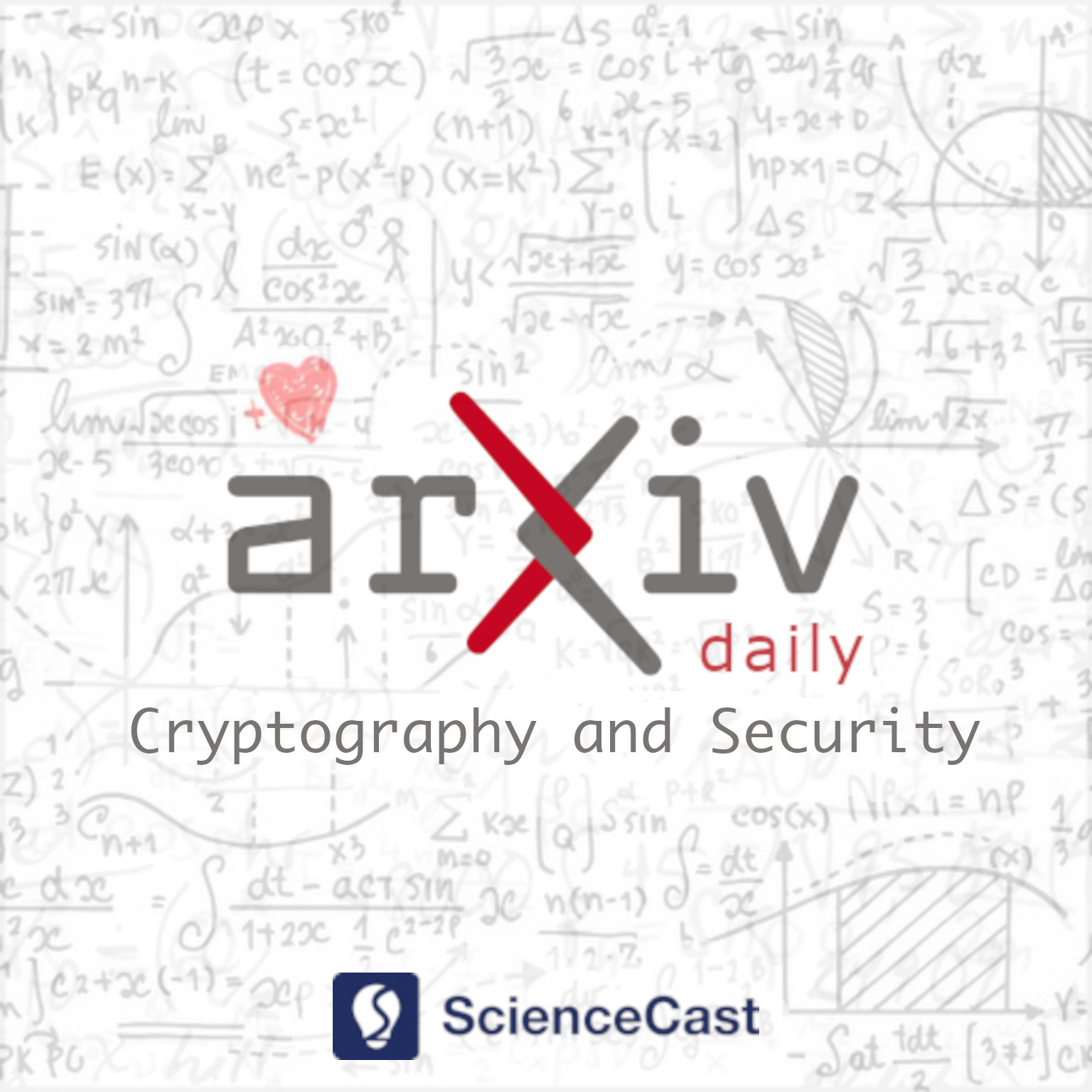
Cryptography and Security (cs.CR)
Mon, 29 May 2023
1.An Experimental Analysis of RowHammer in HBM2 DRAM Chips
Authors:Ataberk Olgun, Majd Osseiran, Abdullah Giray Ya{ğ}lık{c}ı, Yahya Can Tuğrul, Haocong Luo, Steve Rhyner, Behzad Salami, Juan Gomez Luna, Onur Mutlu
Abstract: RowHammer (RH) is a significant and worsening security, safety, and reliability issue of modern DRAM chips that can be exploited to break memory isolation. Therefore, it is important to understand real DRAM chips' RH characteristics. Unfortunately, no prior work extensively studies the RH vulnerability of modern 3D-stacked high-bandwidth memory (HBM) chips, which are commonly used in modern GPUs. In this work, we experimentally characterize the RH vulnerability of a real HBM2 DRAM chip. We show that 1) different 3D-stacked channels of HBM2 memory exhibit significantly different levels of RH vulnerability (up to 79% difference in bit error rate), 2) the DRAM rows at the end of a DRAM bank (rows with the highest addresses) exhibit significantly fewer RH bitflips than other rows, and 3) a modern HBM2 DRAM chip implements undisclosed RH defenses that are triggered by periodic refresh operations. We describe the implications of our observations on future RH attacks and defenses and discuss future work for understanding RH in 3D-stacked memories.
2.Blockchain Censorship
Authors:Anton Wahrstätter, Jens Ernstberger, Aviv Yaish, Liyi Zhou, Kaihua Qin, Taro Tsuchiya, Sebastian Steinhorst, Davor Svetinovic, Nicolas Christin, Mikolaj Barczentewicz, Arthur Gervais
Abstract: Permissionless blockchains promise to be resilient against censorship by a single entity. This suggests that deterministic rules, and not third-party actors, are responsible for deciding if a transaction is appended to the blockchain or not. In 2022, the U.S. Office of Foreign Assets Control (OFAC) sanctioned a Bitcoin mixer and an Ethereum application, putting the neutrality of permissionless blockchains to the test. In this paper, we formalize quantify and analyze the security impact of blockchain censorship. We start by defining censorship, followed by a quantitative assessment of current censorship practices. We find that 46% of Ethereum blocks were made by censoring actors that intend to comply with OFAC sanctions, indicating the significant impact of OFAC sanctions on the neutrality of public blockchains. We further uncover that censorship not only impacts neutrality, but also security. We show how after Ethereum's move to Proof-of-Stake (PoS) and adoption of Proposer-Builder Separation (PBS) the inclusion of censored transactions was delayed by an average of 85%. Inclusion delays compromise a transaction's security by, e.g., strengthening a sandwich adversary. Finally we prove a fundamental limitation of PoS and Proof-of-Work (PoW) protocols against censorship resilience.
3.Securing Cloud File Systems using Shielded Execution
Authors:Quinn Burke, Yohan Beugin, Blaine Hoak, Rachel King, Eric Pauley, Ryan Sheatsley, Mingli Yu, Ting He, Thomas La Porta, Patrick McDaniel
Abstract: Cloud file systems offer organizations a scalable and reliable file storage solution. However, cloud file systems have become prime targets for adversaries, and traditional designs are not equipped to protect organizations against the myriad of attacks that may be initiated by a malicious cloud provider, co-tenant, or end-client. Recently proposed designs leveraging cryptographic techniques and trusted execution environments (TEEs) still force organizations to make undesirable trade-offs, consequently leading to either security, functional, or performance limitations. In this paper, we introduce TFS, a cloud file system that leverages the security capabilities provided by TEEs to bootstrap new security protocols that meet real-world security, functional, and performance requirements. Through extensive security and performance analyses, we show that TFS can ensure stronger security guarantees while still providing practical utility and performance w.r.t. state-of-the-art systems; compared to the widely-used NFS, TFS achieves up to 2.1X speedups across micro-benchmarks and incurs <1X overhead for most macro-benchmark workloads. TFS demonstrates that organizations need not sacrifice file system security to embrace the functional and performance advantages of outsourcing.